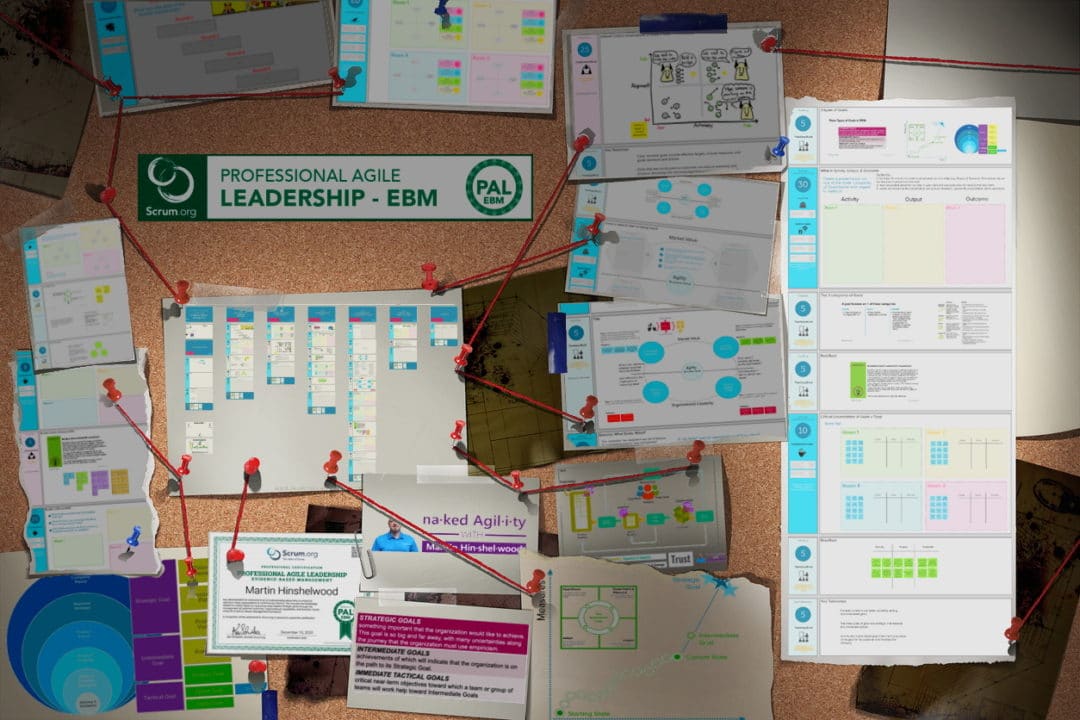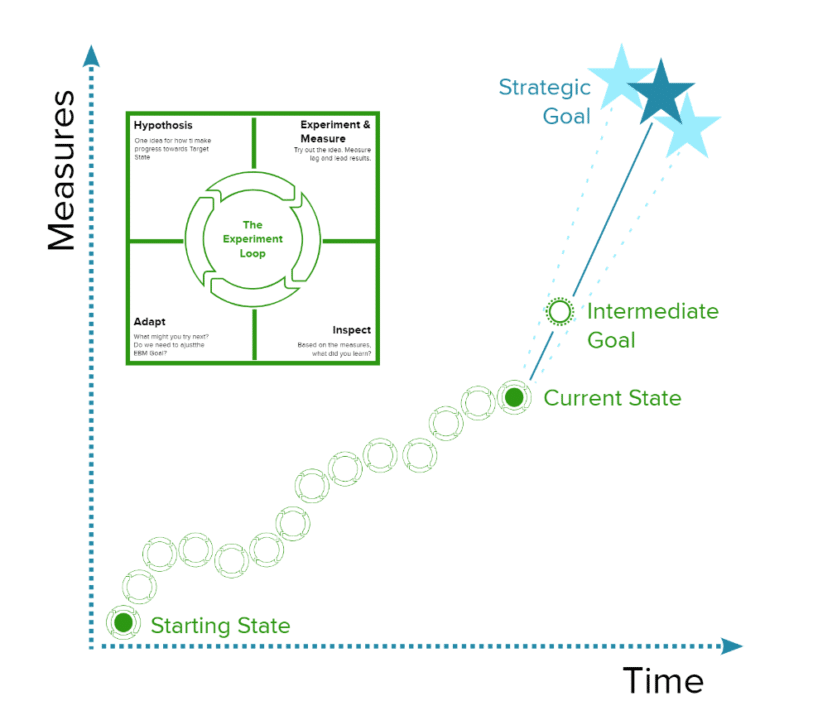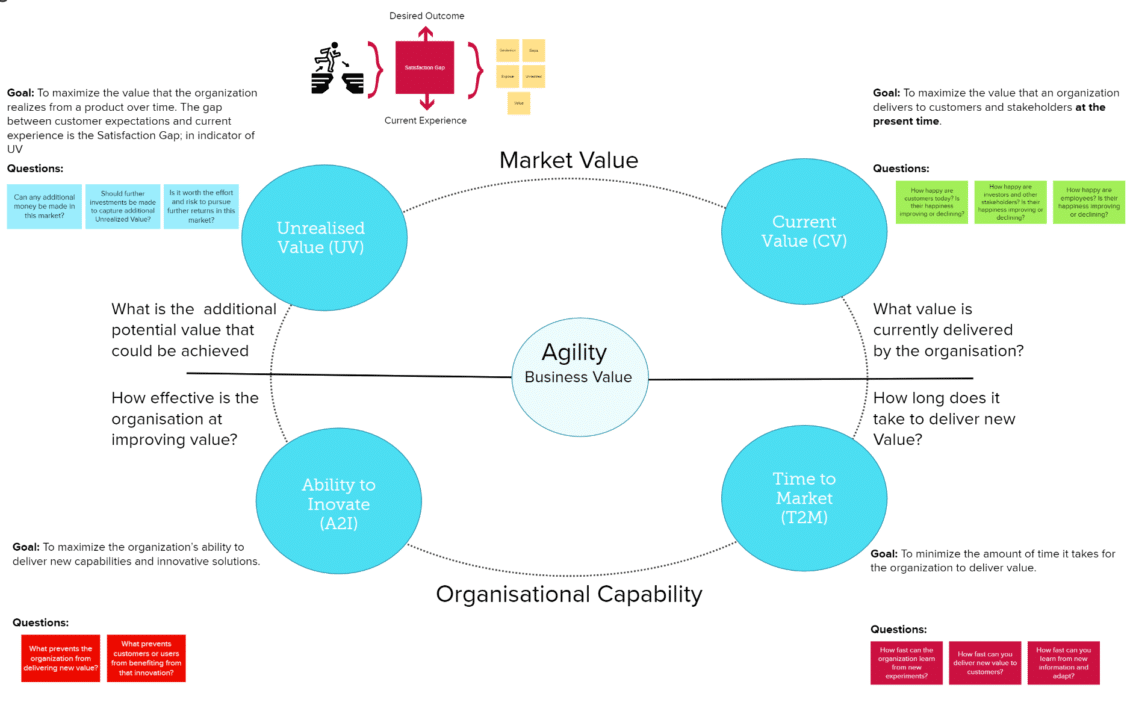I have been an accredited Evidence-based Management Expert with Scrum.org for the last 7 years and I have been using the Evidence-based Management Guide to encourage leaders to make decisions based on evidence instead of gut feel.
For lots of reasons that program had been taking a back burner with Scrum.org over the years. The main reason is that there is a lot of thought and practical evaluation that needs to be done to validate the ideas contained within the guide. My fellow EBM Experts and I have been evaluating it with customers big and small, from defence to police services, and media to healthcare, we have run the numbers, crunched the data and integrated the feedback. It’s time to announce the latest course in the Agile Leadership series! A one-day event, the Professional Agile Leadership – Evidence-Based Management (PAL-EBM) Course with Certification (PAL-EBM).

A couple of weeks ago I attended one of the first events as well as an additional trainer preparation event Scrum.org calls a Virtual Train the Trainer (vTTT). I have to say that I loved participating in this class.
One of the key value propositions is that this call is not there to give you metrics that you must use. Instead, we encourage businesses to create their own metrics based on your unique context! You need to have metrics but we are not arrogant enough to assume that we have the right ones for you.
Why do we need a PAL-EBM?
You would think that we would not have to say to folks that having a Vision and Strategic Goal is a necessity for success, but we do. That Vision and Strategic Goal need to be communicated to everyone that is working on your Product or within your business. Successful organisations do a better job than unsuccessful ones at connecting their employees to that Vision and Goal, at helping them understand how the work they do every day contributes to that vision and goal.

Time and again I and my colleagues visit companies that either doesn’t have a vision or have one that is not communicated. Even when there is one, and it is communicated the ability for people doing the work to connect to that vision is in question.
How well do the people doing the work in your company connect with your vision and goal for your product or business?
Just as the PAL gets you to think about how you lead an organisation, the PAL-EBM gets you to think about how you measure your success!
Overview of the PAL-EBM
Professional Agile Leadership with Evidence-Based Management (PAL-EBM) training experience uses a unique blend of self-paced learning, live classroom hands-on activity-based exercises, and community-based aftercare. With markets and customer needs constantly changing, organizations need information and evidence that helps them adapt quickly to new challenges and opportunities so that they can deliver greater value and achieve true business agility.The course goes beyond the topics explored in the Professional Agile Leadership Essentials & Professional Scrum Product Owner (PSPO) classes and deepens participants’ understanding by introducing the four key-value areas and a number of suggested key-value metrics that can help leaders guide their teams toward continuously improving customer outcomes, organizational capabilities, and business results. EBM focuses on customer value and intentional experimentation to systematically improve an organization’s performance and achieve its strategic goals.Students should already have at least one year of product development experience and practical knowledge of Scrum to participate in and benefit from these exercises. Having previously taken the PAL class is recommended but not required.
- Session 1: Goals, Measures, & Behaviors
- Session 2: Key-value Areas & Key-value Metrics
Each session includes STARTUP activities before and WRAPUP activities to be completed after each session. Before, during, and after the class, students can interact with other students and thought leaders in our Lean-Agile Community.The course also includes a free attempt at the globally recognised Professional Agile Leadership - Evidence-Based Management (PAL-EBM) certification exam.
Who is the PAL-EBM for?
PAL-EBM is for professionals in leadership roles (including executives, managers, Scrum Masters, Product Owners, coaches, and consultants) who:
- Are responsible for the success of their product delivery programs or Agile transformations and are seeking a means to measure and demonstrate that success
- Are looking for a framework that identifies improvement areas that increase their business agility, including their time to pivot to meet new challenges and deliver customer value
- Want to help their organization embrace empiricism and experimentation to find solutions for complex problems (where more is unknown than known or the situation changes rapidly)
- Want to articulate goals and measures in a way that fosters self-management and empower their teams to understand the connection between their work and the value their organization is providing and customer is receiving
- Want to be more effective in how they measure success by using Agile measures rather than traditional measurement models (including the use of velocity) Attendees should have read the Evidence-
Based Management Guide, have an understanding of Agile practices and a desire to move away from traditional, (plan-driven,) ways of working and measurement models, however, they do not need specific experience with Scrum. Our Professional Agile Leadership- Essentials course helps leaders understand how to best support their Agile teams and is ideal preparation for PAL-EBM, but is not a prerequisite. Our Professional Scrum Product Owner and Professional Scrum Product Owner – Advanced courses teach Product Owners how to deliver value and can be a great complement to the PAL-EBM course
What will you learn in the PAL-EBM?
- Understand the essential aspects of goals and measures and how they influence behaviors and an organization’s culture and values
- Help organizations embrace empiricism as a leadership approach. Using experimentation to incrementally steer toward the organization’s goals
- An appreciation for how goals and trust act together to enable autonomy, transparency, and value delivery
- Correlate market leadership and sustainability to curiosity, adaptation, and empiricism
- Understand how to use EBM and its KVAs to focus measurements on improving market value and operational capabilities

Additional Content
Some additional content on Evidence-Based Management:
- Blog Post: Evidence-based Management: Gathering the metrics
- Blog Post: What my father taught me about Evidence-based Management (34 years before it was invented!)
- Blog Post: Professional Scrum is for everyone in your organisation
- Blog Post: Product Goal is an Intermediate Strategic Goal
- Blog Post: Create your own path to Organisational Agility
- Blog Post: Metrics that matter with evidence-based management
